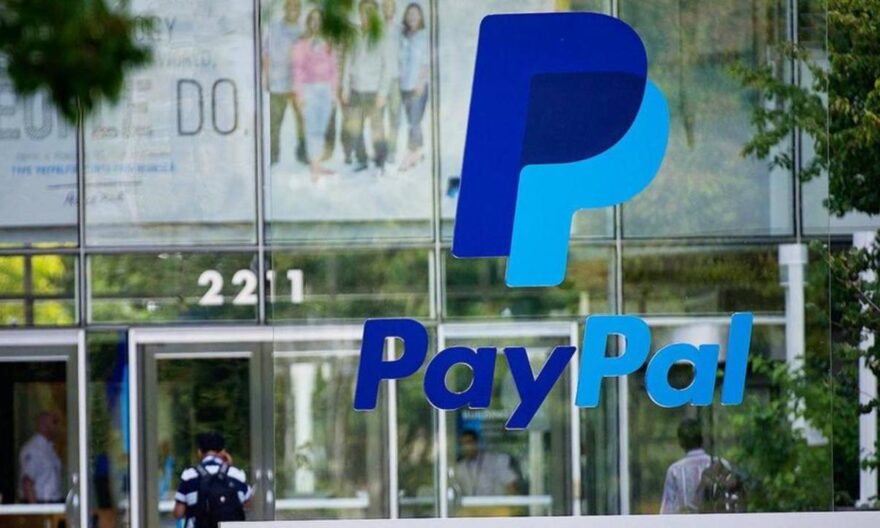
The Delhi High Court on Monday, quashing the penalty of Rs 96 lakh imposed on the PayPal by the Financial Intelligence Unit India (FIU-IND). However the Court upheld that PayPal must comply with the obligations under the Prevention of Money Laundering Act (PMLA).
PayPal had challenged the order imposing the penalty, arguing that it should not be considered a ‘payment system operator’ as defined under the PMLA. The company maintained that it only provides a technological interface for export-related transactions between Indian exporters and overseas buyers, without directly handling funds.
The court noted that PayPal’s case was based on the assertion that it does not engage in the actual handling of funds, as the transmission of funds occurs between Authorised Dealer Category-1 Schedule Commercial Banks in the transaction chain. PayPal also relied on the Reserve Bank of India’s stand, which had affirmed in separate proceedings that it is not a payment system operator.
Senior counsels representing PayPal argued that the definitions of ‘payment system’ in both the Payments and Settlements System Act 2007 and the PMLA are identical, with minor distinctions.
On the other hand, FIU-IND’s counsel contended that the purpose and scope of the PMLA differ from the PSS Act. While the PSS Act is a financial regulatory statute, the PMLA deals with fiscal offenses and illicit financial flows.
The High Court ultimately ruled in favor of PayPal, quashing the penalty while affirming its status as a ‘payment system operator’ under the PMLA, obliging the company to comply with reporting entity obligations.
As a result of the court’s decision, PayPal’s Bank Guarantee was discharged, and further steps were requested to be taken by the Registrar General of the Court in light of the judgment. The case sheds light on the complex regulatory landscape governing financial transactions and money laundering in India.




